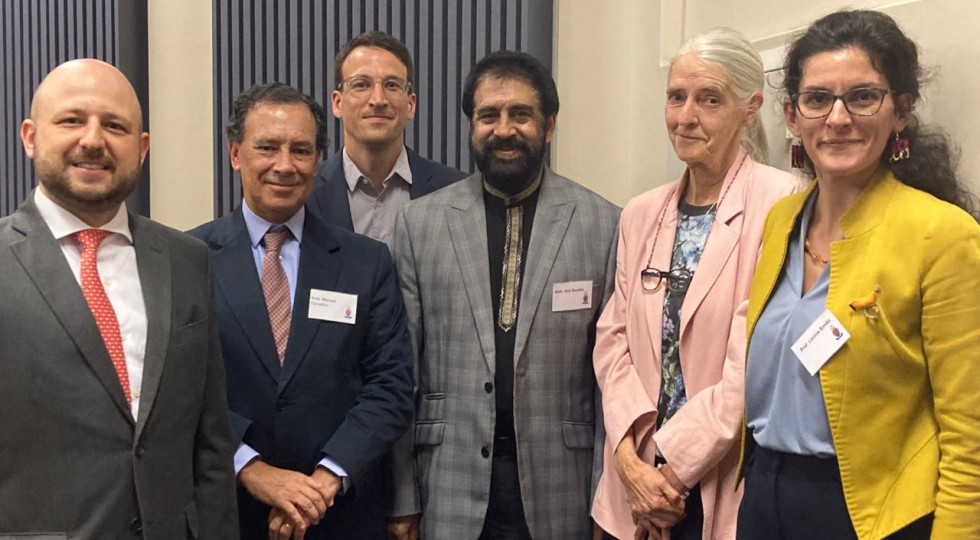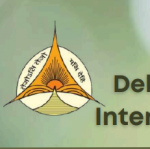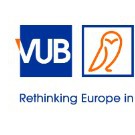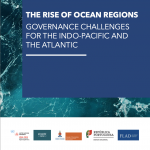Frank Mattheis at “The Rise of Ocean Regions” conference in Pretoria

2-3 November the University of Pretoria hosted “The Rise of Ocean Regions” conference jointly organised by the Atlantic Centre of Portugal, UNU-CRIS and the University of Pretoria, which was dedicated to discussing the governance challenges for the Indo-Pacific and the Atlantic. UNU-CRIS Research Fellow and Regions and Cities Governance Lab coordinator Frank Mattheis was chairing the sessions on Maritime Strategies for the Indo-Pacific and the Atlantic and Multilateral and Regional Cooperation in the Indo-Pacific and the Atlantic Ocean.
The past several years have seen a dramatic and renewed interest in ‘oceanic worlds/regions’, most obvious of which are the maritime component of China’s Belt and Road Initiative and the evolution of the Indo-Pacific region, driven by the US, Japan, India and Australia (the ‘Quad’) and other actors. Although the set-up of regional organisations still tends to be terra-centric, oceans are not merely fringes and margins, confined to being lanes of transport and communication. Rather, we are witnessing the development of the ‘century of the oceans’.
This trend goes beyond riparian states. NATO recently mentioned the future incorporation of the Indo-Pacific into its Strategic Concept (2022) and referred specifically to Sino-American power rivalry. Beyond the Indo- Pacific, big and medium powers (the US, China and India in particular) are also turning to the Atlantic - historically part of the NATO sphere of influence - as a theatre of influence and interest, especially in the Southern Ocean and around Antarctica, where there is evidence of growing Russian involvement. Ocean spaces are being redefined strategically in terms of maritime perimeters as a way to project power and protect interests beyond continental vicinities.
These developments generate a range of questions. What are the interests of the various internal and external actors? What do the recent strategy documents towards the Indo-Pacific/Indian Ocean/South Atlantic entail? What are the issues driving ocean regionalisation? Are there grounds to promote cooperation between these two vast maritime spaces to foster bi-oceanic governance? And what are African positions on its maritime spaces? What role can the African Union and a strategically located country such as South Africa play?
This colloquium brought together academics, researchers and practitioners seeking to answer the questions of approaches to and experiences in ocean region-making and governance.
Read Frank Mattheis and Pedro Seabra article “An Ocean Free of Nuclear Weapons? Regional Security Governance in the South Atlantic”.




